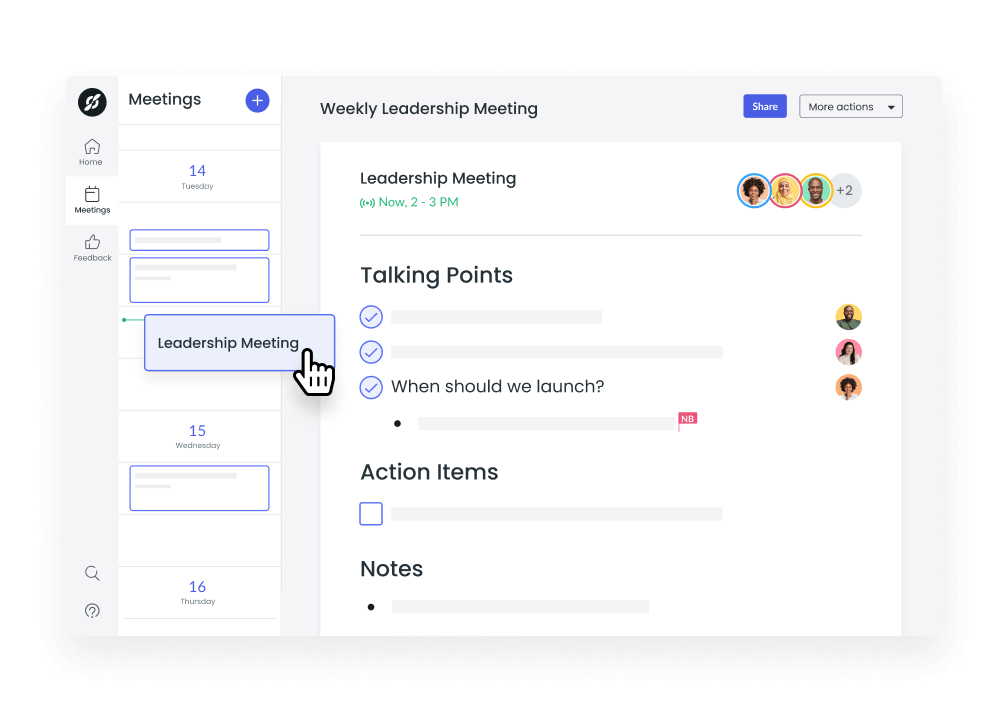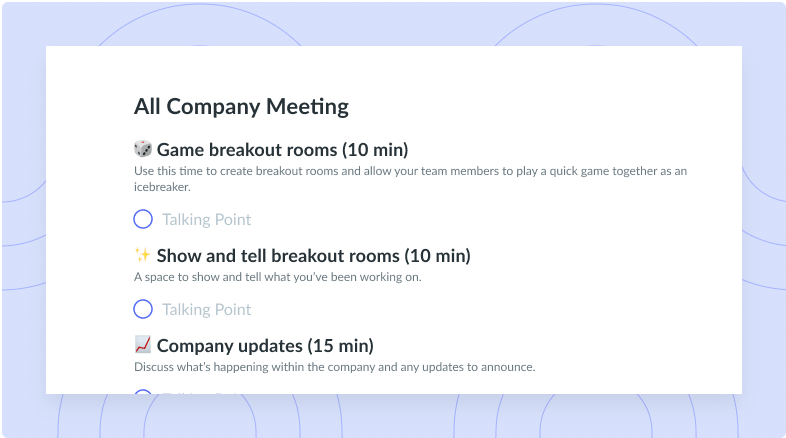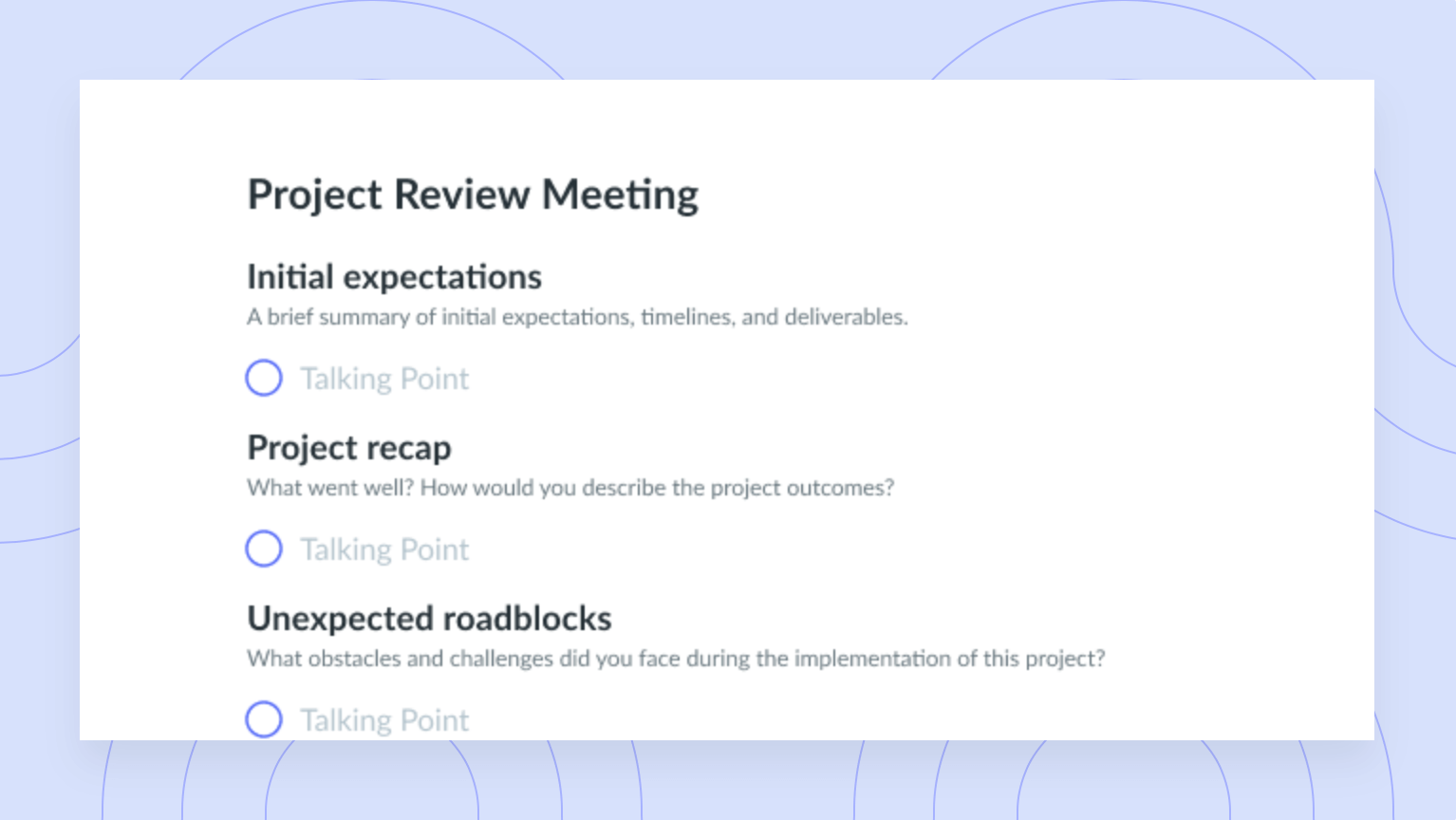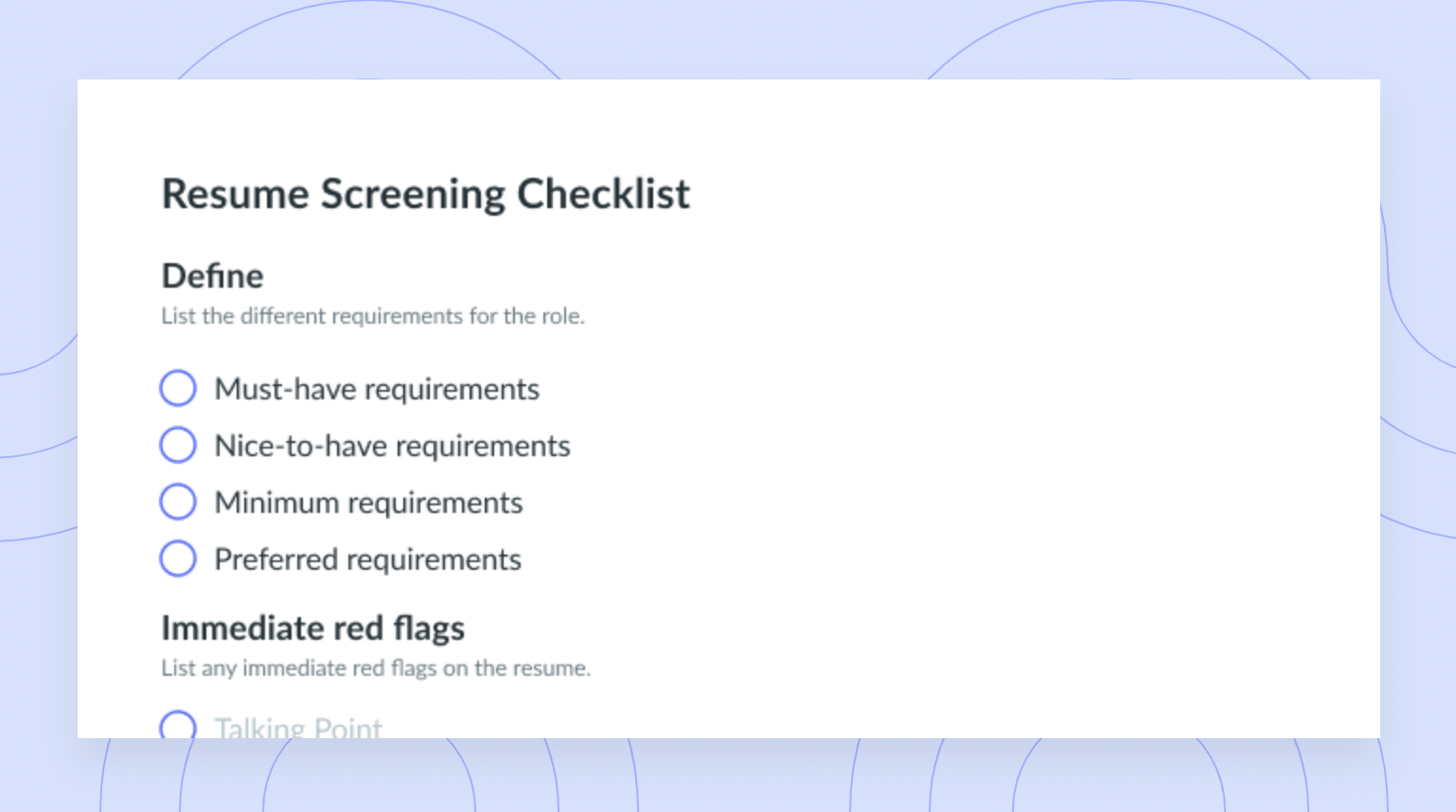Quiet Firing: What It is & How to Spot It in the Workplace
While quiet firing is meant to be subtle, there are some clear-cut signs that’ll help you see when it’s happening.
Sometimes, letting a team member go isn’t as dramatic as a “you’re fired!” and getting thrown out the door. It’s often more subtle than that – it can even look like “quiet firing.” But what is quiet firing, exactly, and where does it fit into the typical firing process? Below is an in-depth guide to it – and how to know when it’s happening to you.
- What is quiet firing?
- 10 signs of quiet firing
- What to do if you think your manager is trying to quietly fire you
What is quiet firing?
As the name suggests, quiet firing is when an employer doesn’t outright say that you’re fired. Instead, they try to make your work life so unpleasant that you end up quitting on your own (talk about passive-aggressive!). It’s like being in a relationship that’s not working out, but the other person isn’t brave enough to outright break up with you.
It’s also a pretty new idea. It flooded social media in September 2022 when recruiting manager Bonnie Dilber popularized the term in a viral LinkedIn post. She called it “quiet firing” because it’s almost like you’re not getting fired at all – almost.
Quiet firing is the mutant sibling of quiet quitting, the concept that inspired Dilber’s post. But with quiet firing, the ball is in the employer’s court instead.

Build a culture of effective meetings
A well-run meeting can foster communication and collaboration by including an agenda the whole team can contribute to. Try using a tool like Fellow!

10 signs of quiet firing
While quiet firing is meant to be subtle, it often involves a lot of frustrating things happening in a short period. The one bright spot with this is that quiet firing is pretty easy to recognize when it’s happening – well, if you know the warning signs. Those are below.
- You aren’t assigned your favorite projects
- You get the worst tasks all the time
- You’re getting unreasonable amounts of work
- You’re suddenly not in the know
- Your manager avoids you
- Your job description changes without you knowing
- Your manager wants you to write out every little thing you do
- Your professional growth is stunted
- Your manager never gives you positive feedback
- You get poor performance reviews that don’t match your performance
1You aren’t assigned your favorite projects
Let’s say you’ve long been the team member who typically handles a certain type of project or task. Your manager gives it to you because you consistently produce solid results and genuinely enjoy the work. If those same projects start going to others despite your manager knowing you’re well suited for them, it could be a sign of quiet firing.
2You get the worst tasks all the time
Not only do you get the bare minimum of tasks you enjoy, but you’re also only given the tasks no one else wants to do. If the hardest or most time-consuming tasks are the only thing coming your way, your employer might be trying to send a message.
3You’re getting unreasonable amounts of work
It’s typical to have a full plate of responsibilities at a workplace, especially if it’s a smaller organization. But it could be a subtle pink slip if your workload starts piling up so high that all your deadlines start bleeding into each other.
4You’re suddenly not in the know
If you’re being quietly fired, you might suddenly find yourself pushed into a more isolated work environment. In your manager’s eyes, you already have one foot out the door, so it might not seem worth it to include you in group decisions.
5Your manager avoids you
Quiet firing often comes from a desire to avoid direct confrontation. It should be no surprise that your manager might start avoiding you like the plague if you’re in this situation. This could mean anything from not getting responses when you email them to your manager making themselves scarce whenever you enter a room.
6Your job description changes without you knowing
Most organizations’ leadership reserves the right to change a job description or title when it suits them. But it’s common courtesy that they at least tell you about the change when it happens. If you find out after everything’s said and done, that could be a warning sign.
7Your manager wants you to write out every little thing you do
Your manager may ask you to start documenting everything related to your job in writing. While this could just be them avoiding direct confrontation, they could also be getting you to write out your responsibilities for your replacement.
8Your professional growth is stunted
Managers want you to grow professionally so you can handle more responsibilities. This means you should be wary if you’re going months at a time without your manager checking on your career goals. Be even warier if they’ve passed you over for a raise or promotion.
9Your manager never gives you positive feedback
Many managers know that positive feedback is key to keeping employee engagement high. In other words, managers who don’t give praise might know that it’s a great way to disinterest employees.
You can turn in billion-dollar, top-quality work and still get a lukewarm response from your manager if they’re trying to get rid of you. Think about it like this: If you’re not getting positive feedback and you leave for greener pastures, well, that was their end game all along.
10You get poor performance reviews that don’t match your performance
Let’s say that, performance review after performance review, you get negative feedback. Let’s also say that, even if you strive to improve after each one, your manager always finds something else to nitpick. That could be a sign that they’re trying to nudge you out the door.
What to do if you think your manager is trying to quietly fire you
Anyone who’s experienced quiet firing will tell you that it doesn’t feel good when you catch onto it. Regular firing doesn’t either, of course, but quiet firing adds stringing you along to a hostile work environment. However, you’re not without options if you’ve found yourself in this situation. Find some advice below.
- Find people who will speak up for you
Poor communication is part and parcel of quiet firing. At the core is a manager who wants to avoid conflict, meaning they’ll avoid you until you’re not a problem anymore. But you deserve a chance to speak your case.
Of course, that might be hard to get with your manager avoiding every conversation. Try getting a senior team member or another manager to argue your case. At the very least, you’ll find out whether you still have a place in the organization.
- Track and prove your achievements
One of the worst things about quiet firing is that it makes your work conditions worse in hopes you’ll leave. This means you might not get an explanation for why your organization wants to let you go. But if you catch your manager’s attempts early, you might get a chance to do something about it.
Start keeping a list and gathering evidence of everything you’ve done for your job and will keep doing. This way, you have something to point to that shows your value.
- Schedule a meeting with your manager
If all else fails, then it’s time to hunt down your manager so you can talk seriously about your position within the organization. Finding them might be a little harder than usual, but if you can’t get them in person, virtual meetings work too.
A loud defense from quiet firing
Quiet firing involves all the subtle ways employers worsen team members’ work conditions so they leave without actually being fired. Recognizing that it’s happening is only half the battle. You’ll also need to plan, run, and follow through on the meeting where you argue your case to the manager. You can do all that and more with Fellow’s top-notch meeting agenda features and real-time tools for taking meeting notes. With Fellow at your side, you’ll have every opportunity to show your value.




























